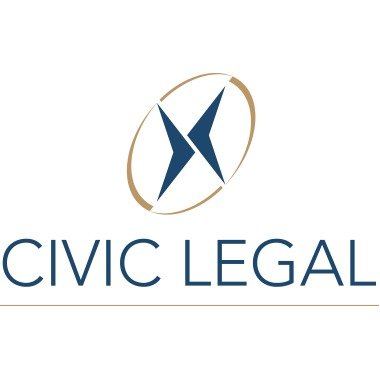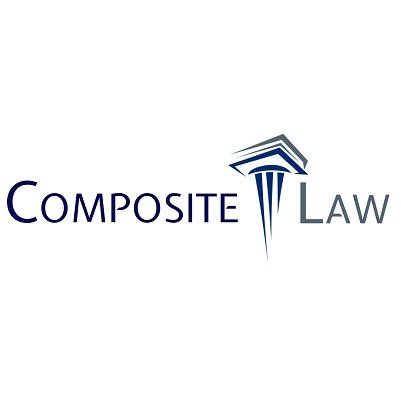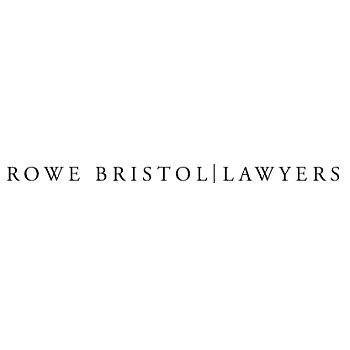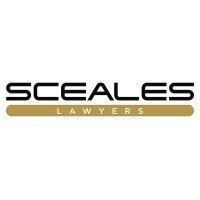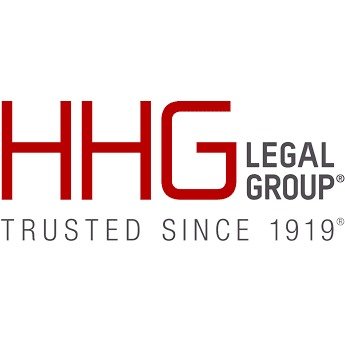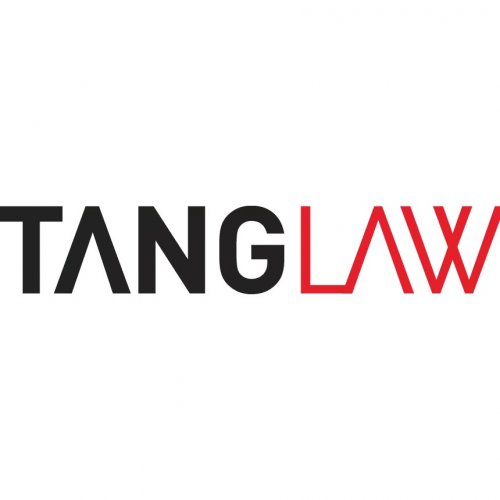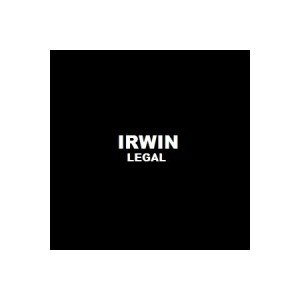Best Sanctions & Export Controls Lawyers in Perth
Share your needs with us, get contacted by law firms.
Free. Takes 2 min.
List of the best lawyers in Perth, Australia
About Sanctions & Export Controls Law in Perth, Australia
Sanctions and export controls are legal frameworks used by Australian authorities to regulate the movement of goods, services, technology, and funds across borders. In Perth, as part of Western Australia, individuals and businesses must comply with national laws that enforce sanctions regimes and control exports for reasons such as national security, foreign policy objectives, and compliance with United Nations Security Council mandates. These legal measures may involve restrictions, prohibitions, or licensing requirements for dealings with certain countries, entities, or goods. The legal landscape in this field is complex and subject to frequent changes to address global events.
Why You May Need a Lawyer
There are various situations where you may require legal assistance with sanctions and export controls in Perth. Common reasons include:
- If your business exports goods, technology, or services overseas and needs guidance on compliance with Australian or international sanctions.
- If you receive notice of an investigation alleging breach of sanctions or export control laws.
- If you are involved in transactions with foreign entities or individuals and need to ensure you are not breaching trade restrictions.
- If you face potential penalties, such as fines or criminal liability, due to non-compliance.
- If you are unsure whether a license is needed for a particular export or transaction.
- If you are seeking to implement internal compliance programs or train staff on these laws.
- If you need to navigate humanitarian exemptions or apply for permits related to sanctioned regions or entities.
Local Laws Overview
Sanctions and export controls in Perth are governed by federal laws, primarily administered through the Department of Foreign Affairs and Trade (DFAT) and the Australian Border Force. Key legislative instruments include the Charter of the United Nations Act 1945 and the Autonomous Sanctions Act 2011, along with their respective regulations. These laws give effect to United Nations Security Council sanctions and impose additional autonomous sanctions to further Australia’s national interests.
Export controls relate to the regulation of items on the Defence and Strategic Goods List, controlled under the Customs Act 1901 and Defence Trade Controls Act 2012. Some goods, software, and technologies require export permits, especially if they have potential military or dual-use applications.
Perth, as a commercial and resource hub, sees frequent cross-border transactions that can trigger these regulatory requirements, making compliance crucial for individuals and businesses in the region.
Frequently Asked Questions
What are sanctions and export controls?
Sanctions are government-imposed restrictions on trade or financial transactions with specified countries, organizations, or individuals. Export controls are laws that regulate or prohibit the transfer of certain goods, technology, or services to overseas destinations or parties.
Who administers sanctions and export controls in Australia?
The Department of Foreign Affairs and Trade (DFAT) is primarily responsible for implementing and administering Australia's sanctions. The Australian Border Force and Defence Export Controls also play key roles.
Do all exports from Perth require an export permit?
No. Only certain goods, software, and technology on controlled lists require an export permit. However, it is your responsibility to check if your items are subject to these controls before exporting.
What are the penalties for breaching sanctions or export controls?
Penalties can include substantial fines, forfeiture of goods, imprisonment, and reputational damage. Enforcement action can be taken against individuals as well as companies.
How do I know if a country or entity is subject to Australian sanctions?
DFAT maintains a consolidated list of countries, individuals, and entities subject to sanctions. Checking this list is essential before engaging in any international dealings.
What is a dual-use item?
A dual-use item is something with both civilian and military applications. Export of dual-use items is tightly controlled to prevent misuse.
Can I apply for an exemption or permit if I need to trade with a sanctioned country?
Yes, in certain circumstances, you can apply for a sanctions permit or exemption through DFAT. Each application is assessed on a case-by-case basis.
Are there specific sanctions or export control issues unique to Perth?
Perth's strong mining, energy, and technology sectors often deal with goods and services that may be subject to controls, especially when exporting to regions of concern or dealing with strategic materials.
Do sanctions apply only to physical goods?
No. Sanctions can also cover financial transactions, provision of services, supply of technology, and even travel prohibitions.
How often do sanctions and export controls change?
These laws can change frequently and sometimes with little notice, reflecting international events or changes in foreign policy. You should regularly check official resources and seek legal advice when uncertain.
Additional Resources
There are several resources available for people in Perth seeking more information or guidance:
- Department of Foreign Affairs and Trade (DFAT) - Provides up-to-date lists of sanctions, permit applications, and guidelines for compliance.
- Australian Border Force - Offers information on export controls, forced compliance, and cargo restrictions.
- Defence Export Controls (DEC) - Responsible for regulating exports of defence and dual-use goods, technologies, and related services.
- Australian Trade and Investment Commission - Can offer guidance for businesses involved in export markets.
- Australian Law Council and local legal aid offices - Offer referrals and general legal information.
Next Steps
If you require legal assistance regarding sanctions or export controls in Perth, consider the following steps:
- Assess your situation and gather any documents related to your intended transactions or past dealings.
- Consult official government resources to get an initial understanding of applicable restrictions or licensing requirements.
- Contact a lawyer who specializes in sanctions and export controls for tailored legal advice and risk assessment.
- If facing investigation or enforcement action, seek immediate legal advice to protect your interests.
- Consider implementing a compliance program for your business and providing staff training on sanctions and export controls.
Legal advice is vital to navigate the complexities of sanctions and export control laws. Taking proactive steps can protect you and your business from costly penalties and reputational harm.
Lawzana helps you find the best lawyers and law firms in Perth through a curated and pre-screened list of qualified legal professionals. Our platform offers rankings and detailed profiles of attorneys and law firms, allowing you to compare based on practice areas, including Sanctions & Export Controls, experience, and client feedback.
Each profile includes a description of the firm's areas of practice, client reviews, team members and partners, year of establishment, spoken languages, office locations, contact information, social media presence, and any published articles or resources. Most firms on our platform speak English and are experienced in both local and international legal matters.
Get a quote from top-rated law firms in Perth, Australia — quickly, securely, and without unnecessary hassle.
Disclaimer:
The information provided on this page is for general informational purposes only and does not constitute legal advice. While we strive to ensure the accuracy and relevance of the content, legal information may change over time, and interpretations of the law can vary. You should always consult with a qualified legal professional for advice specific to your situation.
We disclaim all liability for actions taken or not taken based on the content of this page. If you believe any information is incorrect or outdated, please contact us, and we will review and update it where appropriate.



